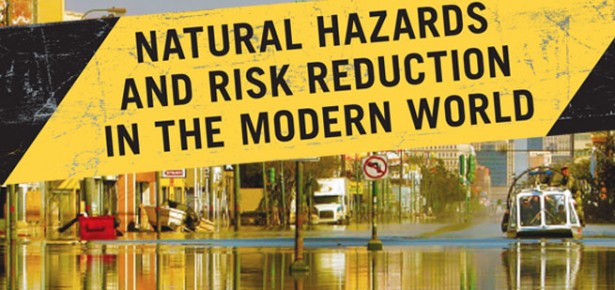
Elon Musk, CEO of Space-X and Tesla Motors, gave a talk on September 27, 2016 to the International Astronautical Congress in Guadalajara, Mexico. Musk advocated for a human colony on Mars, and claimed that the cost per person of a trip to Mars could be reduced to the cost of an average America house, a reduction of four to five orders of magnitude from current estimates. In his talk, he outlined solutions to a series of technical issues, including the source of fuel (carbon dioxide and water are both available on Mars, and using energy from solar panels, can be used to make methane and oxygen).
In other words, if you assume adequate investment and reasonable technical progress, it’s all doable according to Musk, and I believe him.
The real question is, should we do it? I think we should do it eventually, for reasons given by Musk in his lecture, and before that, by Stephen Hawking (humans need a back-up plan in case our planet becomes uninhabitable). But in my opinion, just not now. Here’s why.
Mars is a dead planet. There is no life on it now, because conditions are so inhospitable. It’s possible there used to be life on Mars, and it’s possible that with huge investments in time, talent and money, parts of the planet could be made habitable (at least inside small shelters).
with huge investments in time, talent and money, Mars could be made habitable
But in the short term (next 50 years) we have much better uses for that time, talent and money – namely keeping our own planet habitable. We face a number of immediate problems, problems that require solutions in the very near future. Here is my short list:
Each of these problems has the potential to seriously degrade human civilization. Each of these problems is acute now, and will get worse in the next few decades.
Let’s first put the world’s intellectual and financial muscle into getting these problems under control. A concerted effort over the next few decades would almost certainly lead to solutions and real change. The best evidence for this optimistic prediction comes from Musk himself. Almost single handedly, he managed to change the way we view electric cars, from boring, slow moving vehicles suitable only for nerds and eco-freaks into sleek, sexy vehicles for those in the fast lane. And he did it in just over a decade.
Exploration of our solar system is important. But we can do it a lot more cheaply using robots. Humanity may eventually have to abandon Earth due to some unforeseen catastrophe. But that future catastrophe is highly unlikely in the next 50 years, unless we inflict it on ourselves. Lets take the money saved by using robots for solar system exploration, and make that self-inflicted catastrophe less likely.
Parts of this article are excerpted from Chapters 8 (“What’s all the fuss about global warming”) and 9 (“Solutions”) in his upcoming book Curbing Catastrophe
Latest Comments
Have your say!